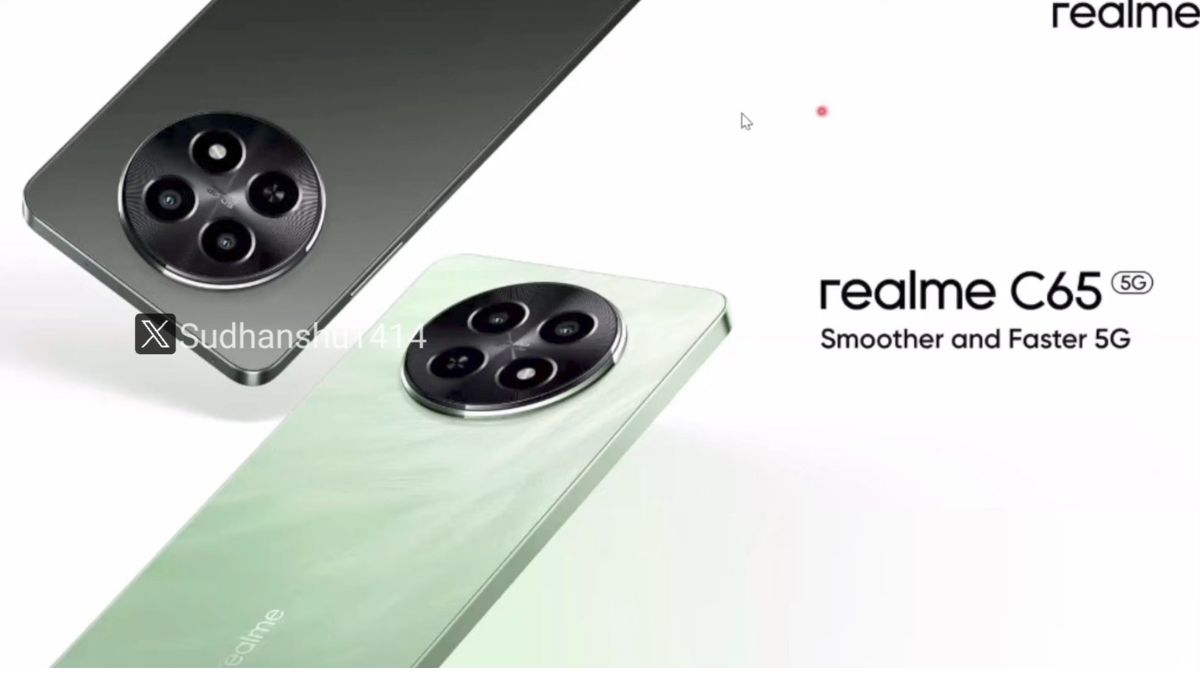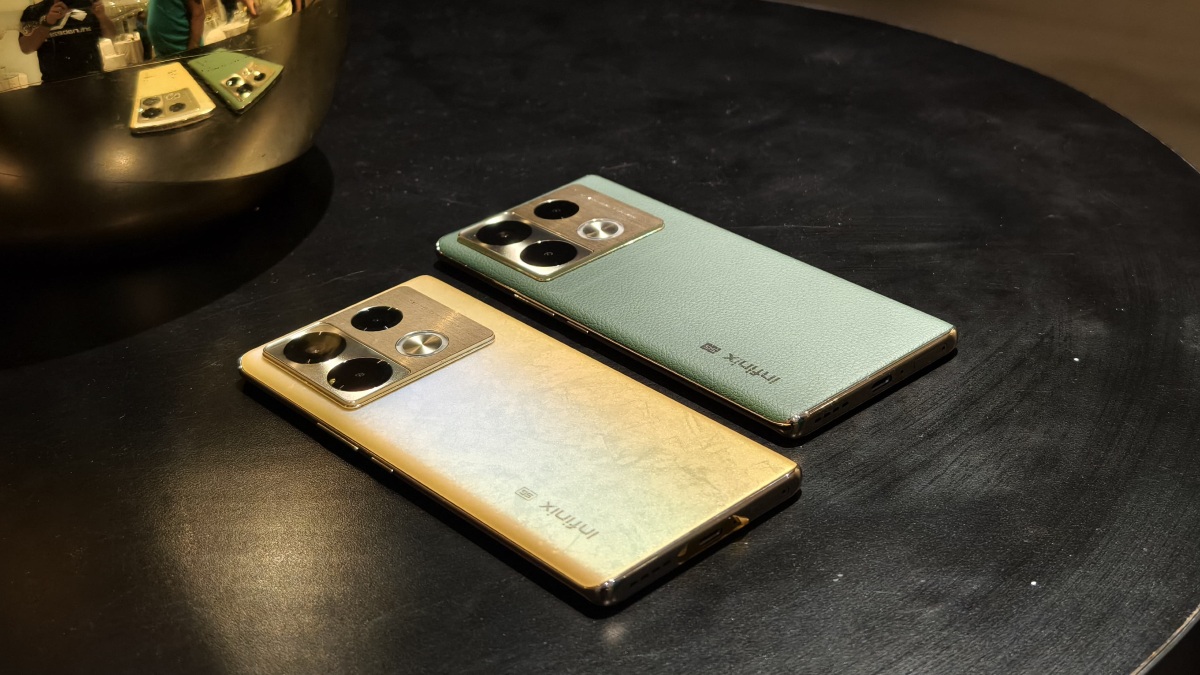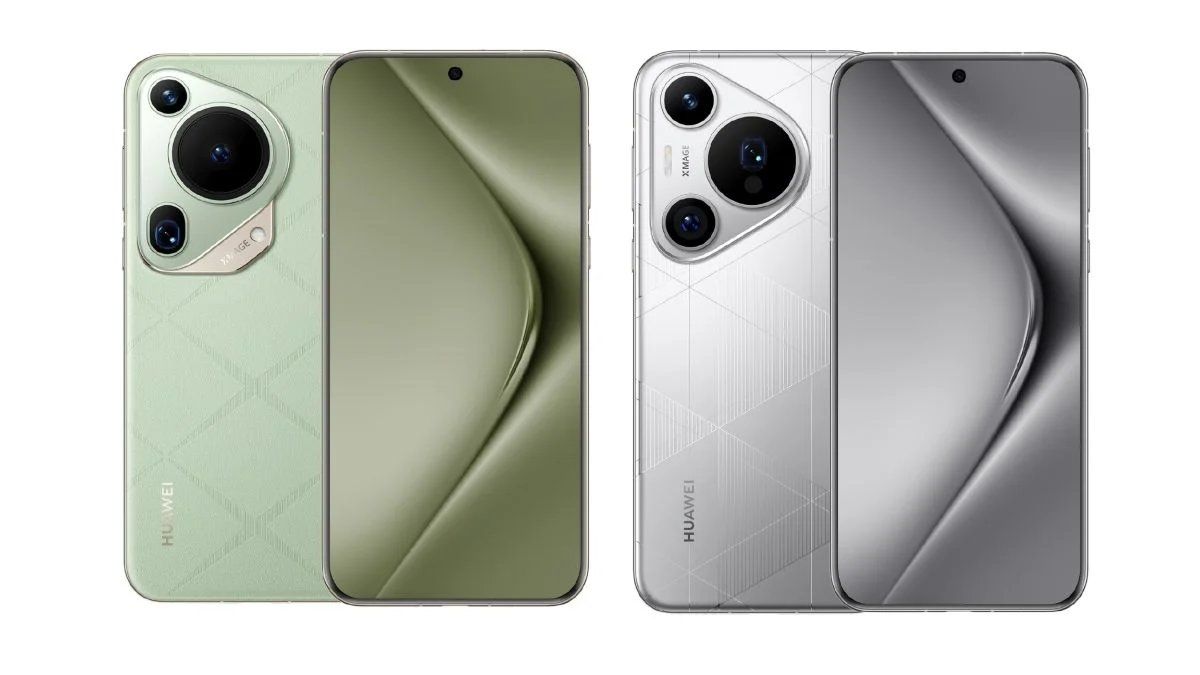Just In
- 8 min ago

- 22 min ago

- 1 hr ago

- 1 hr ago

Don't Miss
- News
 Explained | India's First-Past-the-Post FPTP Electoral System: Everything You Need To Know
Explained | India's First-Past-the-Post FPTP Electoral System: Everything You Need To Know - Sports
 KKR vs RCB Head To Head Record, Stats & Results in Eden Gardens, Kolkata Ahead of IPL 2024 Match 36
KKR vs RCB Head To Head Record, Stats & Results in Eden Gardens, Kolkata Ahead of IPL 2024 Match 36 - Movies
 Devara Part 1: Jr NTR To Groove With Pooja Hegde In Janhvi Kapoor-Starrer Actioner For A Special Song; Details
Devara Part 1: Jr NTR To Groove With Pooja Hegde In Janhvi Kapoor-Starrer Actioner For A Special Song; Details - Lifestyle
 Mahavir Jayanti 2024: Date, Time, History, Celebrations And Teachings Of Lord Mahavir In Jainism
Mahavir Jayanti 2024: Date, Time, History, Celebrations And Teachings Of Lord Mahavir In Jainism - Automobiles
 Ford Mustang 60th Anniversary Package – Limited To Just 1,965 Units
Ford Mustang 60th Anniversary Package – Limited To Just 1,965 Units - Finance
 Daily Relative Strength Index RSI In A Bullish Mode of This Pharma Stock; Buy For TP Rs 635-685
Daily Relative Strength Index RSI In A Bullish Mode of This Pharma Stock; Buy For TP Rs 635-685 - Education
 Exam Pressure Does Not Exist; Studying Punctually is Crucial; Says Aditi, the PSEB 2024 Topper
Exam Pressure Does Not Exist; Studying Punctually is Crucial; Says Aditi, the PSEB 2024 Topper - Travel
 Journey From Delhi To Ooty: Top Transport Options And Attractions
Journey From Delhi To Ooty: Top Transport Options And Attractions
First-Ever Solar Eclipse Recording Released For Public Viewing
If you ever wondered how the first solar eclipse recording looked like, then you might be in for a treat. The first-ever solar eclipse recording is now available on YouTube. The one-minute eight-second clip shows the total eclipse starting just before the Moon completely covers the Sun until just before it starts moving away.
The eclipse shown in the video occurred on May 28, 1900, and it was recorded in North Carolina during an expedition by the British Astronomical Association. The footage was captured using a telescopic adapter on his camera, which made the eclipse easier to capture.
Where Was It All This Time
Before it was released for public viewing on YouTube, the footage was kept safely in the archives of the Royal Astronomical Society. The society also confirmed that this was the second attempt by magician Maskelyne to film a solar eclipse. The first attempt was made in 1898, but the film was stolen.
BFI, a charity organization that preserves and highlights films, restored the original footage to 4K quality, however, it can only be seen in 720-pixel resolution on YouTube. The team reassembled and retimed the film frame by frame, says BFI.
Not A Difficulty Anymore
Well, times have changed and captured a solar eclipse has become way easier now. The last such viewable event occurred in 2017 and around 215 million people witnessed the event. The next solar eclipse will take place in 2024, so keep your gear ready, as the next eclipse would occur in 2045.
Astronomers are working on new ways to capture more and more such events. These would be possible with high-end equipment and huge telescopes placed in space. NASA's Hubble Space Telescope is one legendary equipment that keeps capturing some stunning images of the outer space.
Lab Experiments
Speaking of high-end equipment, scientists were able to successfully complete an experiment that proved a prediction from Stephen Hawking made about these mysterious objects in space. The team created a simulated black hole in the lab which acts similar to the ones in space.
The experiment seems to have confirmed the Hawking radiation. According to the theory, when trying to apply physical laws governing heat to black holes, the black holes will emit radiation.
-
99,999
-
1,29,999
-
69,999
-
41,999
-
64,999
-
99,999
-
29,999
-
63,999
-
39,999
-
1,56,900
-
79,900
-
1,39,900
-
1,29,900
-
65,900
-
1,56,900
-
1,30,990
-
76,990
-
16,499
-
30,700
-
12,999
-
62,425
-
1,15,909
-
93,635
-
75,804
-
9,999
-
11,999
-
3,999
-
2,500
-
3,599
-
8,893












































